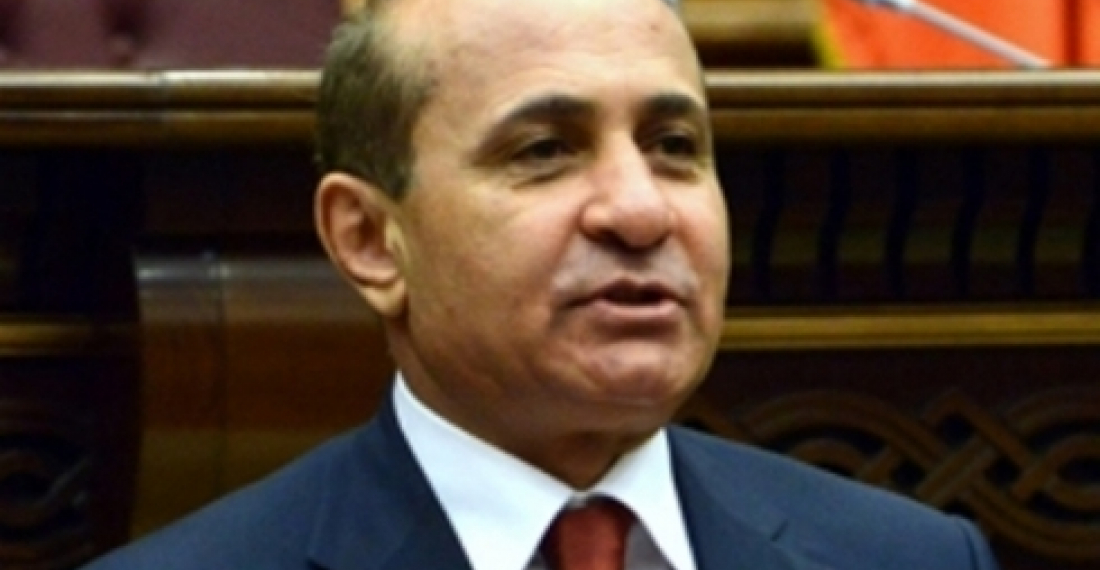Armenia's new Prime Minister is Hovik Abrahamyan, the current Chairman of the Armenian Parliament. His appointment was announced after President Serzh Sargsyan this morning met the leadership of his ruling Republican Party of Armenia (RPA). The new Prime Minister is expected to form the new government in the coming three weeks.
Rumours of Abrahamyan's appointment had been circulating widely in Yerevan over the last days following the resignation of Tigran Sargsyan. Abrahamyan is considered a stalwart loyalist of President Serzh Sargsyan, and was also in charge of the election campaigns of the RPA in both the Presidential and Parliamentary elections held in recent years.
Abrahamyan is not however everybody's favorite and some will see this appointment as another sign that the period of reform in Armenia is now over, and that the only priority henceforth is to prepare the state structures for merger in the Russia led Customs Union and Eurasian Union, which Armenia wants to join as soon as possible.
source: commonspace.eu
photo: Hovik Abrahamyan, the new Prime Minister of Armenia (archive picture)







